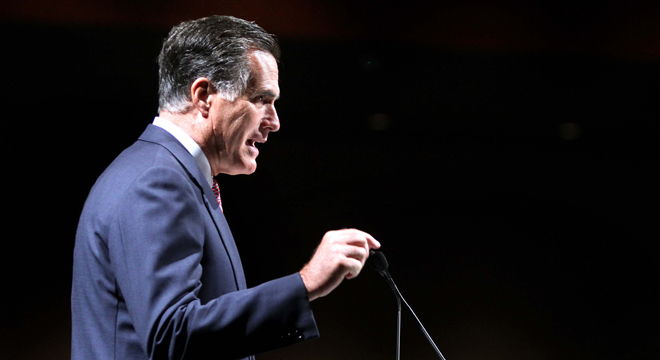No matter what the Supreme Court decides in its health care reform ruling expected Thursday, Republicans have promised to repeal all parts of the law that are left standing.
If they sweep the elections, Republicans will be able to roll back key parts of the law either with a 51-vote Senate majority or via executive fiat. But that will leave other major pieces that require an implausible 60-vote Senate threshold to repeal, allowing Democrats to filibuster. The options are detailed in a report by the D.C.-based political intelligence firm Washington Analysis.
Multiple budget-related parts of the Affordable Care Act can be repealed via a bare majority under a Senate procedure known as reconciliation. Those parts include the insurance subsidies, Medicaid expansion, the Medicare cost-saving Independent Payment Advisory Board, closing the “doughnut hole,” and taxes on insurers and providers.
Attempts to modify or repeal other key provisions of the law can be forced to a 60-vote threshold. That includes the individual mandate to purchase insurance and insurance market reforms such as the coverage guarantee for pre-existing conditions and the minimum benefits package insurance plans may offer.
All of that hinges on Republicans winning the White House because President Obama has vowed to veto attempts to unwind the law.
A hypothetical President Romney could also weaken the law administratively if he gets elected but lacks congressional majorities. He could do so by granting waivers and by rescinding or refusing to establish regulations, leaving important provisions toothless.
Richard Kogan, a budget expert at the liberal-leaning Center on Budget and Policy Priorities, points out that changing circumstances could affect what CBO scores as budgetary, and therefore what could pass under reconciliation.
Read Washington Analysis’ paper on the GOP’s options to move repeal:
“With the possible exception of the IPAB, I think that everything that is labeled ‘reconciliation’ is in fact repealable or amendable by reconciliation,” Kogan told TPM. “Within those broad categories, however, there may be sub-components that are non-budgetary and which a parliamentarian might say could not be repealed in reconciliation.”
“On the other hand, some of the items that are labeled ’60 votes’ might be budgetary if taken by themselves,” he added. “I think the exchanges and the individual mandate might be — this requires understanding how CBO would conceive of those provisions being repealed individually while the rest of the law stays intact and [what] the parliamentarian thinks.”






